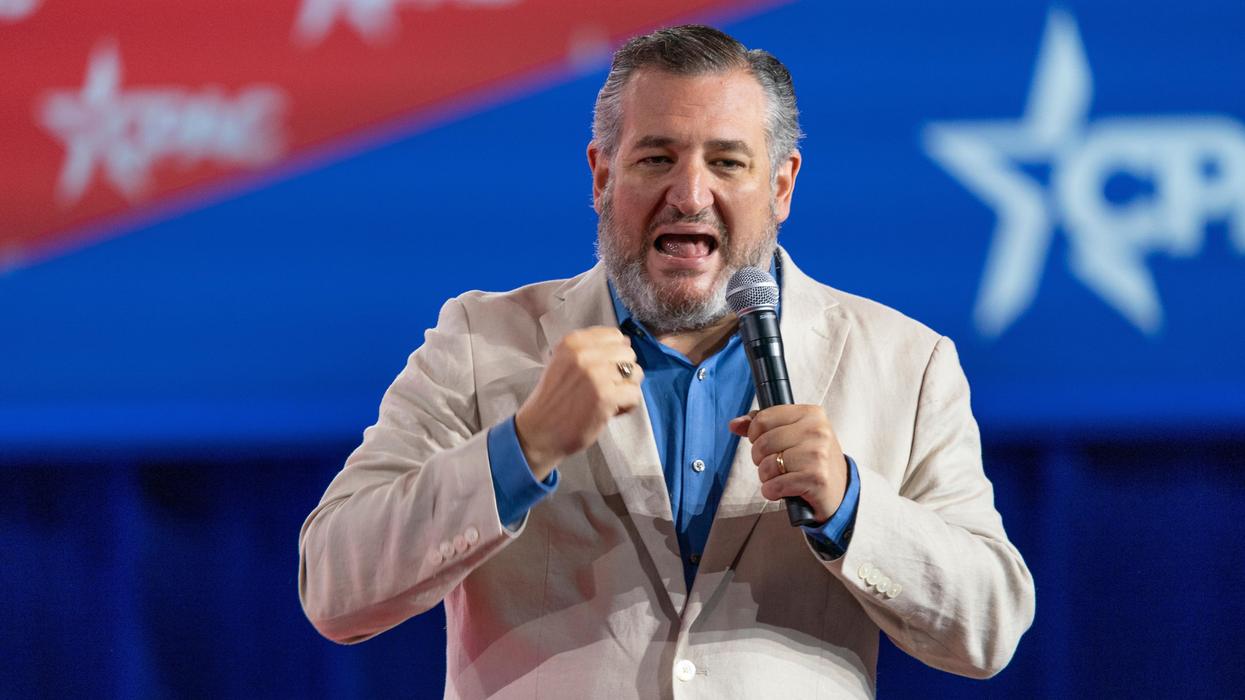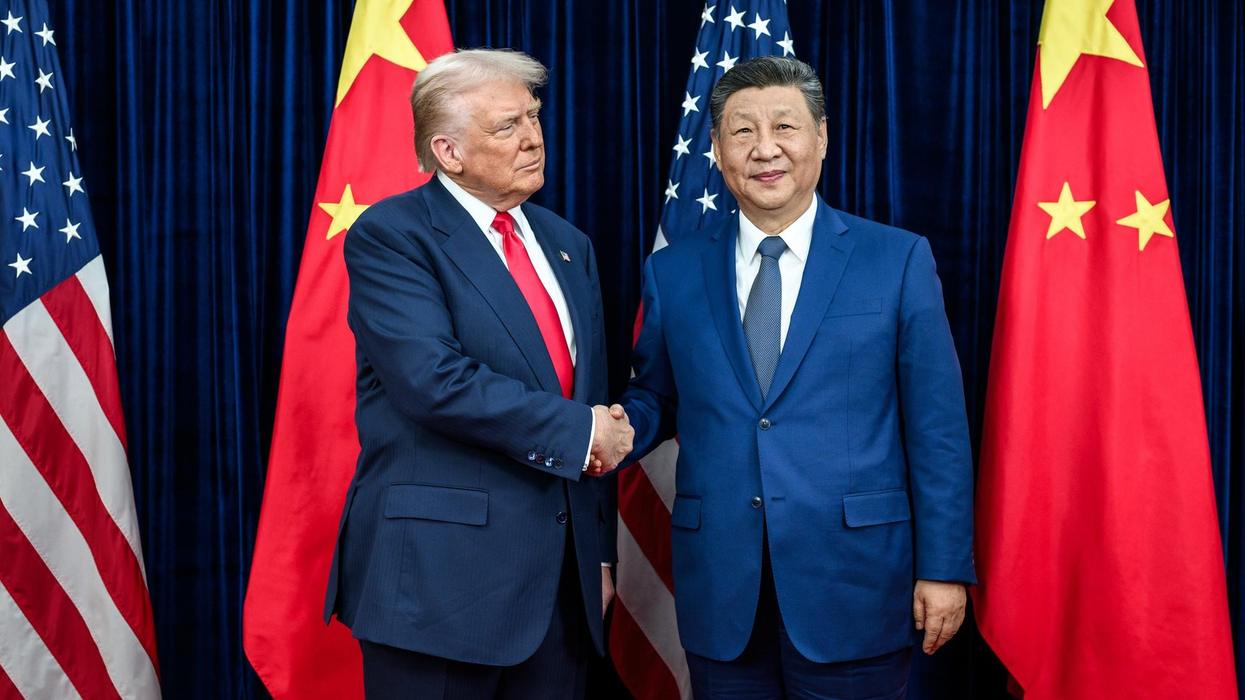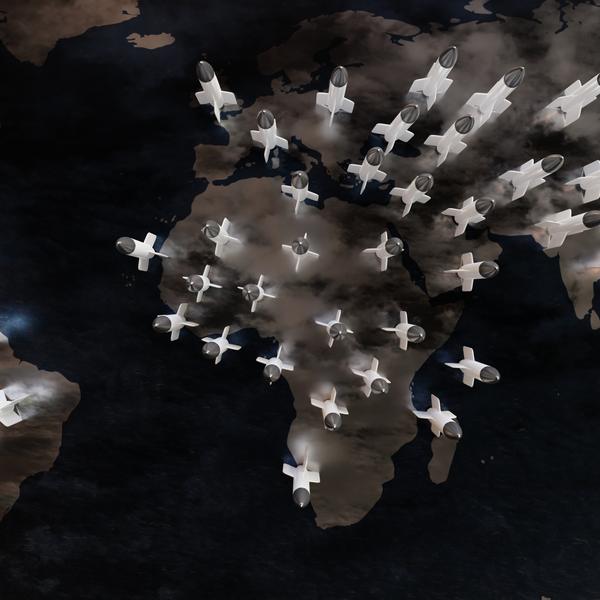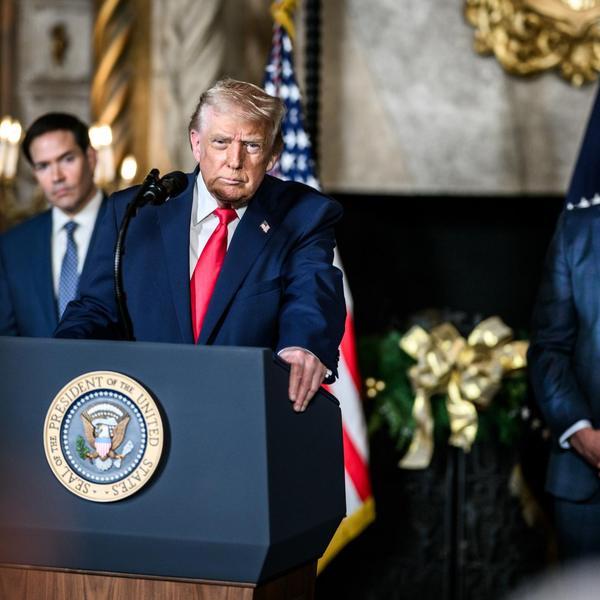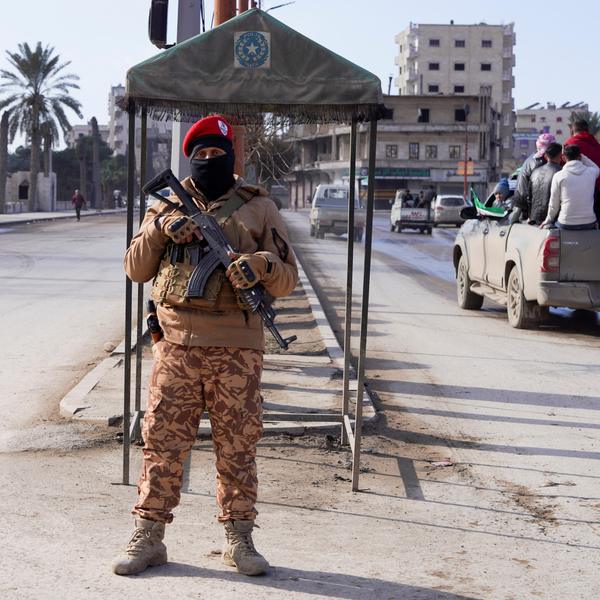BEIRUT — Since President Donald Trump revealed his plan for Israeli-Palestinian peace last Tuesday, Arab states individually and collectively, in their actions and statements, have offered a dizzying array of reactions. These range from approval and mild acquiescence to soft support and absolute rejection.
The combinations of contradictory actions and statements have been more striking than usual, due to the convoluted political positions most Arab leaders found themselves in. Three Arab ambassadors attended the Washington, D.C. unveiling event that seemed like a post-victory locker room celebration by right-wing Israelis and their fanatic American supporters. A few Arab states issued statements appreciating Trump’s efforts and urging a peace agreement to be forged through direct Israeli-Palestinian negotiations (rather than through this plan’s narrow extremist American-Israeli lineage). And on Saturday night the Arab League summit of foreign ministers issued a collective and “complete” rejection of the plan, noting it would not lead to a just peace because “it does not meet the minimum rights and aspirations of the Palestinian people.”
The explanation for why many Arab governments are bending themselves into diplomatic pretzels is the profound dilemma they have created for themselves over decades in four realms that matter to them, and that have reared their head in a mighty clash this week. The four are: their countries’ historical support for the Palestinians, occasional and recently warming government ties with Israel, their perception of the U.S. as a reliable ally and a credible peace mediator, and — most importantly perhaps — their autocratic tendency often to ignore their own people’s wishes and rely on foreign powers instead for their security, incumbency, and perhaps even their own validity.
Arab leaders and Arab citizens mostly live in two very different worlds when it comes to perceptions of Palestine, Israel, and the United States. Public opinion — through regular polls nowadays —repeatedly confirms two constants. The first is that Arabs strongly support the Palestinian struggle for their national rights, including a permanent two-state resolution of the conflict with Israel, because the injustices inflicted on the Palestinians resonate deeply across the region. The second is that Arabs overwhelmingly and consistently see Israel and the United States as among their leading security threats (with increasing numbers of Arabs recently citing Iran in this category).
Consequently, Arab citizenries oppose normalization with Israel until Palestinian rights are achieved, and they also oppose American policies that they see as consistently and often wildly pro-Israeli — as President Trump just demonstrated so acutely. Most Arab governments, on the other hand, see the United States as a crucial source of economic, military, and political support that maintains both the stability and even the solvency of their countries, and their own incumbency as rulers who have never been subjected to any serious validation or accountability by their own people.
Arab leaders who have denied their citizens basic political rights for over half a century now find themselves caught in between two incompatible forces: they need American and Israeli support against their perceived Iranian threats, yet their own citizens reject closer ties with the U.S. and Israel while the Palestinians remain stateless, disenfranchised, exiled, occupied, and colonized. So they send subdued support messages to the U.S., while also being forced to respect their people’s views on Israel-Palestine so as to avoid serious internal disruptions — in a decade when citizens in a dozen Arab countries have risen up to overthrow leaders and change their governance systems to something more participatory, equitable, and accountable.
For the past decade or so, many Arab leaders, especially in the Gulf, have increasingly feared expanded Iranian influence across the region, and sought protection in U.S. and Israeli actions like sanctions, covert strikes, or threats of war. At the same time, majorities of Arabs express a desire or willingness to forge closer ties with the U.S. and Israel, but only on the basis of a just resolution of the Palestine issue. (Never mind, for the moment, that Iran’s closer ties with Arab states and non-state armed movements usually followed the destructive consequences of Israeli, American, Saudi Arabian, and Emirati military assaults in Iraq, Lebanon, Gaza, Syria, and Yemen, i.e., those Arabs who fear the Iranian menace actually helped to create it with their American and Israeli partners).
The Trump administration’s “peace and prosperity plan” fully adopts Israeli Prime Minister Benjamin Netanyahu’s right-wing plan to expand Israel’s control over Jerusalem, growing West Bank settlements, the Syrian Golan Heights, parts of the occupied Jordan Valley, and all Palestinian water, border, maritime, telecommunications, and security domains. So every Arab leader who sees the U.S. as a friend and ally now must grapple with the fact that most of his citizens see the U.S. as the perpetrator and guarantor of this latest cruel and criminal deed against the Palestinians.
There is no possible way — in the worlds of politics or physics — that Arab leaders can reconcile these contradictory forces. So instead they make vague expressions of appreciation and support, acquiescence, and opposition to the Trump initiative. The confused messages they send only further damage their already vulnerable credibility.
Some examples of the confusion include the United Arab Emirates joining the Arab League statement fully rejecting the plan, while also attending the launch event at the White House and applauding the plan as a "serious initiative that addresses many issues raised over the years." The UAE ambassador in Washington saw the plan as offering "an important starting point for a return to negotiations within a U.S.-led international framework,” an awkward but sincere attempt to reconcile Abu Dhabi’s need for U.S. support with the Arab League’s rejection of U.S. mediation. Other governments similarly supported further negotiations under U.S. mediation, or, like Bahrain and Oman, attended the Washington event while also signing on to the Arab League statement.
Egypt spoke of the plan as a “vision” by Washington that merits careful examination, regardless of the Arab League position against any cooperation with Washington to implement the plan and its insistence on a two-state solution that includes a Palestinian state.
Saudi Arabia, the most powerful Arab state, expressed its need to both support and reject the plan by saying it appreciated President Trump's efforts, and saw it as a possible starting point for direct talks to follow one day between Israel and the Palestinians.
At the Arab League summit it was more specific in affirming its continuous and full support for the Palestinian people and their use of all possible means to restore their legitimate rights. This included the right to establish their independent state with full sovereignty on the Palestinian territories within the 1967 borders, with East Jerusalem as its capital, via negotiations based on the 1992 Arab Peace Initiative — affirming virtually every core peace-making point that was collectively negated in the Trump plan. Saudi Arabian King Salman bin Abdul Aziz telephoned Palestinian President Mahmoud Abbas to confirm that Riyadh’s policy on Palestinian rights remains “unchanged.”
This episode reveals yet again the instability and tensions that the U.S. causes in the Middle East with its heavily militarized policies in support of Israel and Arab autocrats, and against Iran. In polls such as those by Dr. Shibley Telhami at the University of Maryland,Americans and Arabs repeatedly say they want the U.S. to play a dynamic but even-handed peace-maker’s role in the Middle East, both in the Arab-Israeli conflict and Iranian tensions with Israel and some Arabs. Arabs also judge the U.S. largely on the basis of its actual policies, especially in Palestine and Iraq.
The American legacy of supporting Arab autocrats and Israel without seriously questioning their hardline policies is coming home to roost these days. As the U.S. makes its most dramatic recent attempt to foster permanent peace between Palestinians and Israelis, it gets back from the Arabs two related responses, neither of which is a positive for Washington: either some slightly incoherent “yes-no-maybe-sort of” comments on its peace plan from Arab governments, and from the overwhelming majority of Arab people a resounding rejection of the plan and also a refusal even to deal with the U.S. as a mediator on its own.


